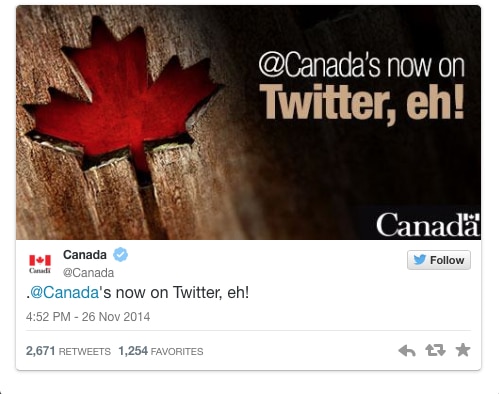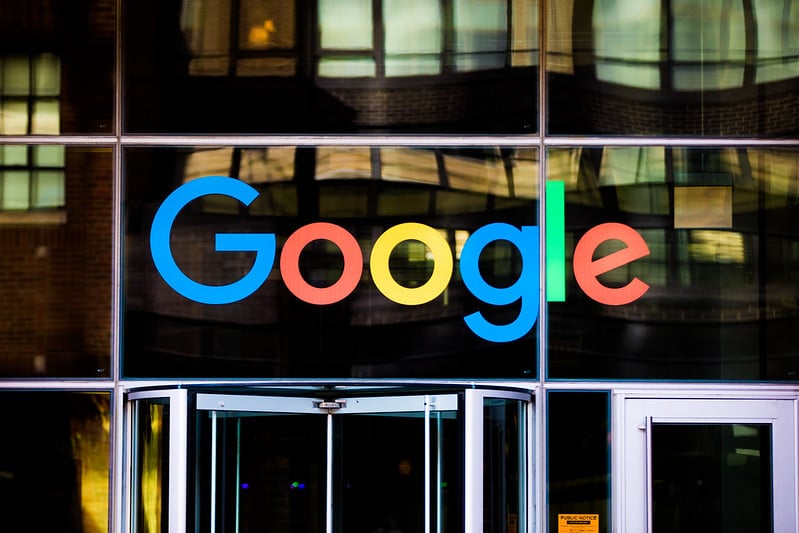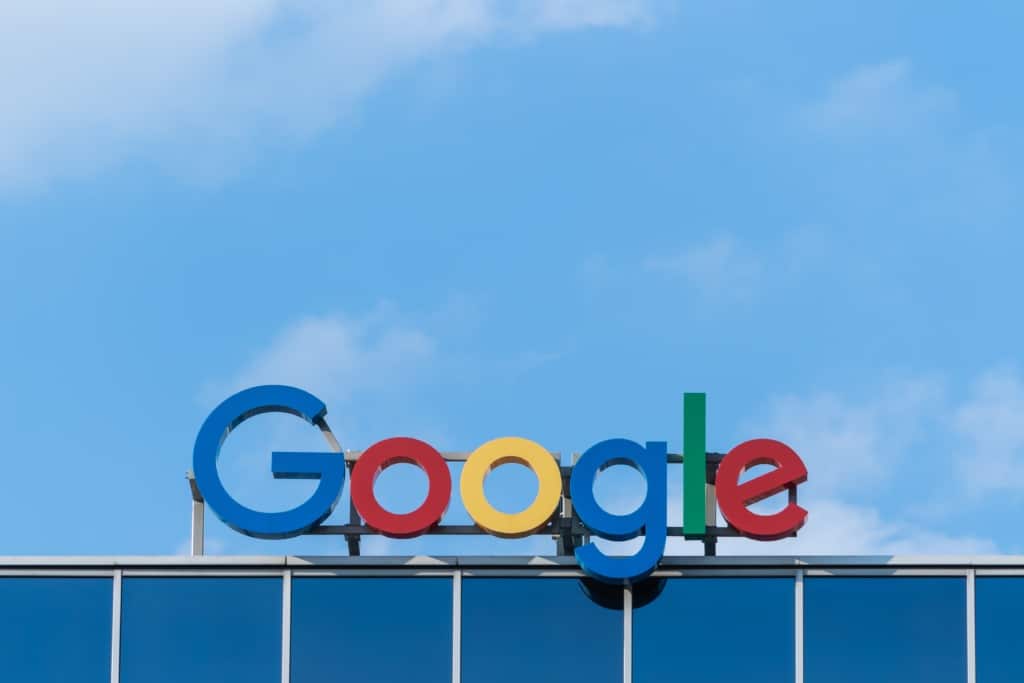Throwback Thursday: Equustek v. Google
This year marks the fifth anniversary of the Supreme Court of Canada’s decision in Equustek v. Google, in which Canada’s highest court became one among a select few to order an internet intermediary to remove information from its services on a worldwide basis. The decision in Equustek aroused angst and controversy out of fear…
Continue ReadingComparing Extraterritoriality in the EU
How a court decides whether a statute applies extraterritorially is a fundamental question in transnational litigation. TLB has lots of information about the U.S. approach. Our Primer on Extraterritoriality describes the federal and state approaches, as well as the customary international law rules on jurisdiction to prescribe. Recent posts have discussed the extraterritorial application of…
Continue ReadingSection 230 and the Presumption Against Extraterritoriality
The Ninth Circuit opinion in Gonzalez v. Google (2021) raises important questions about how the presumption against extraterritoriality applies to immunity defenses invoked by social media companies under 47 U.S.C. § 230.Section 230 shields internet companies from civil liability for user-generated content hosted on their platforms. Gonzalezholds, effectively, that there is no conceivable application of…
Continue Reading




